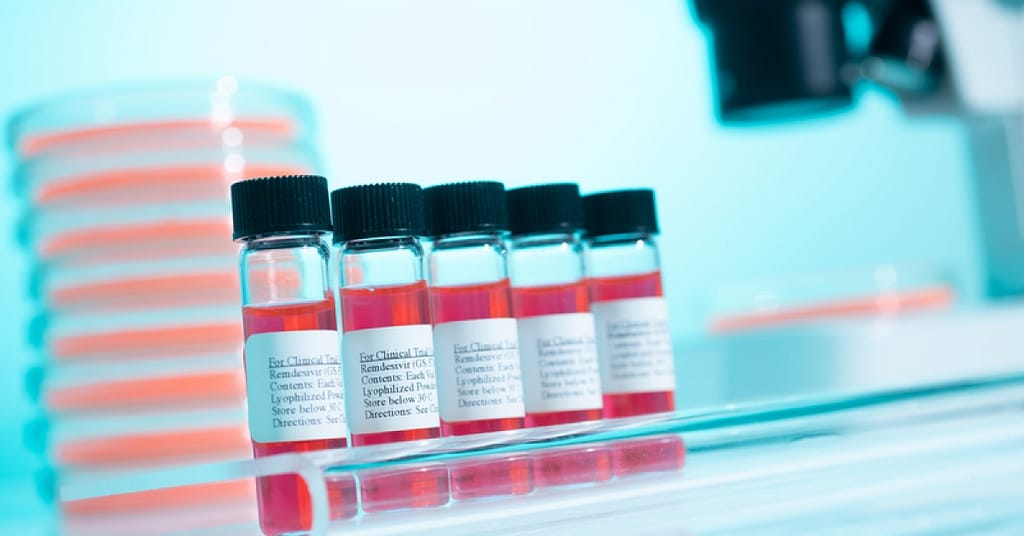(Carrick Pharmacy News) If you have been following the news during the COVID-19 pandemic, you might have noticed that the FDA has been granting “emergency use authorizations” (EUAs) to vaccines and drugs. But what is an EUA?
Read on to learn more about EUAs and how the US Food and Drug Administration (FDA) uses them.
What Is an EUA?
The FDA reviews and approves every prescription drug, vaccine and health device on the market. This normal approval process can take months or even years. An EUA is a type of early-stage approval that requires less evidence, which means it takes less time.
EUAs can only be issued when a public health emergency has been officially declared. Even then, the FDA must believe that the potential benefit of releasing the drug, vaccine or device to the public outweighs the potential risks of doing so with less evidence than usual.
How Long Have EUAs Been Around?
The FDA issued the first EUA for civilian use in 2009 and has only issued a handful since then. According to the Bloomberg School of Public Health, the FDA has issued EUAs for items involved in treatment or prevention of Middle East respiratory syndrome, H7N9 influenza, enterovirus, ebola and anthrax.
Why Has the FDA Been Issuing So Many EUAs During the COVID-19 Pandemic?
You have likely noticed that the FDA has approved COVID-19 vaccines and treatments with EUAs in recent months. The agency is able to do this because the COVID-19 pandemic has been declared a public health emergency. And the FDA believes that the current evidence is strong enough to approve these products early and get them out to the public.
Are Products That Get an EUA Safe?
Although the base standard for issuing an EUA is believing that the benefits of a product outweigh the known and potential risks, the FDA typically takes it a step further by assessing the safety and effectiveness of the product in clinical trials. These trials are often short or sped up in some way.
Even if the agency gets enough convincing data in early testing and issues an EUA, further research and tests are ongoing. Often, more testing is needed for the product to eventually receive a regular FDA approval or maintain its EUA.
Products that have been approved by the FDA through standard channels or EUAs are generally thought to be safe, but that doesn’t mean that they are right for your unique situation. That’s why it’s important to discuss any questions or concerns you have about a new drug, vaccine or medical device with your health care provider.



